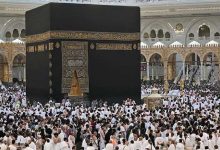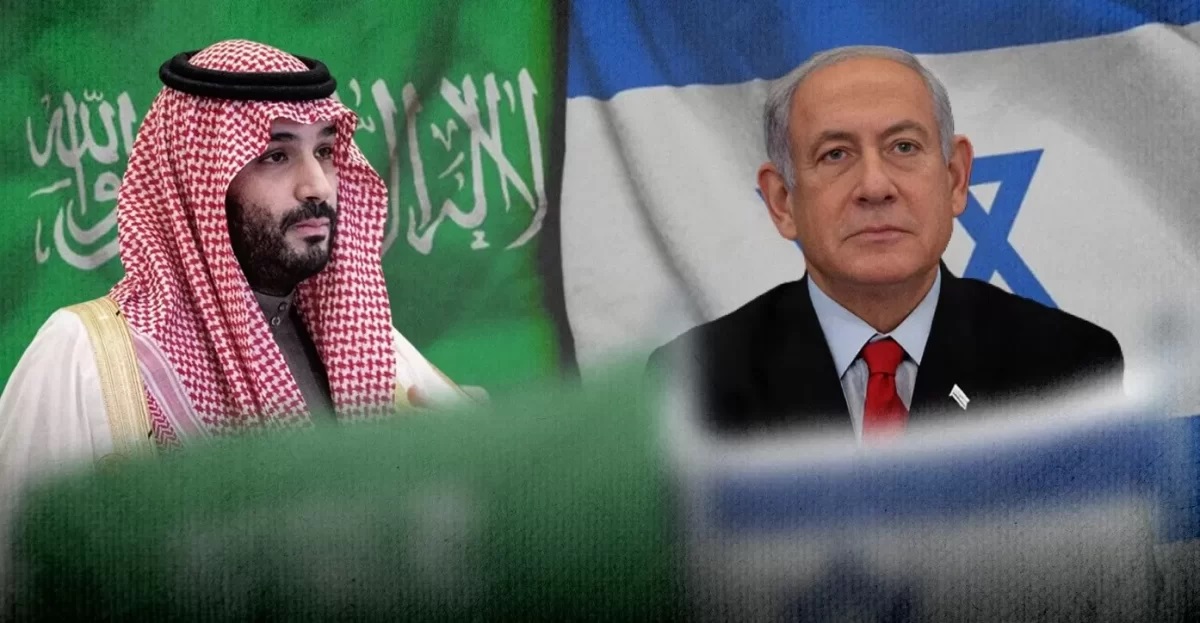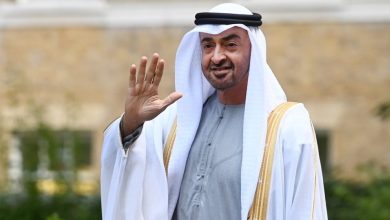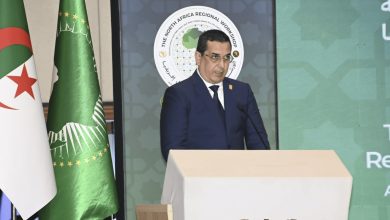Mohammed bin Salman’s Dilemma: Navigating the Fallout of the Gaza War
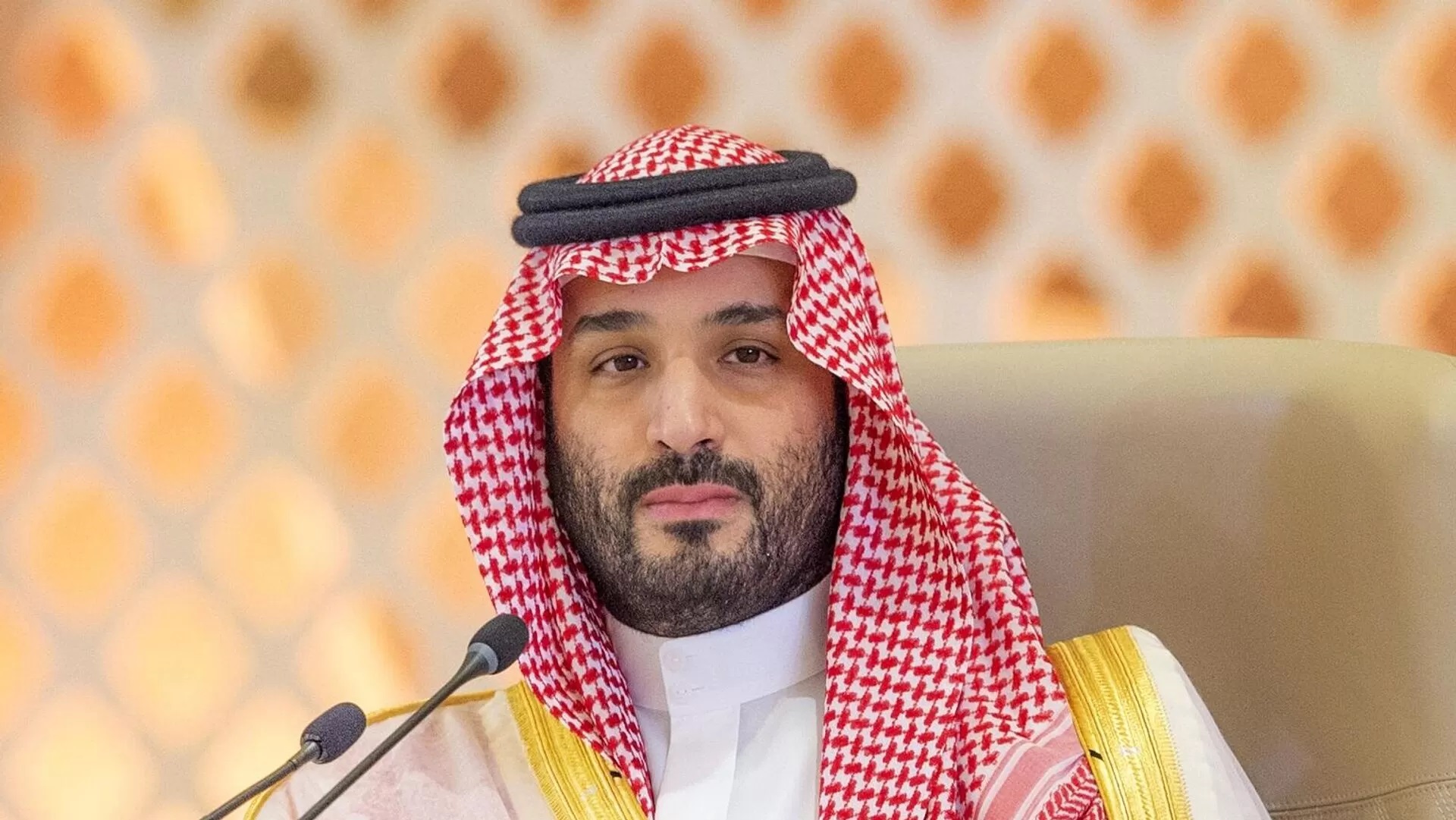
Watan-For Saudi Crown Prince Mohammed bin Salman, the Gaza war has created a dilemma,” Bernard Haykel, a professor of Near Eastern Studies at Princeton University in the United States, began his analysis published by the American magazine “Foreign Affairs.”
Haykel said, “Hamas controls Gaza, an Islamic movement aligned and closely coordinated with Iran and its proxies, who seek to see the destruction of the Saudi ruling family. But considering the popularity of the Palestinian cause among Saudi citizens, Mohammed bin Salman must stand alongside the Palestinians, who are viewed throughout the Arab and Islamic worlds as victims of Israeli aggression and occupation.”
The Saudi government aims to bolster its security and hopes that through normalizing relations with Israel, it can establish a security alliance with the United States and Washington’s regional allies.
However, Riyadh will not establish such relations when Israel bombs civilians in Gaza and refuses to acknowledge the Palestinians’ right to establish their state.
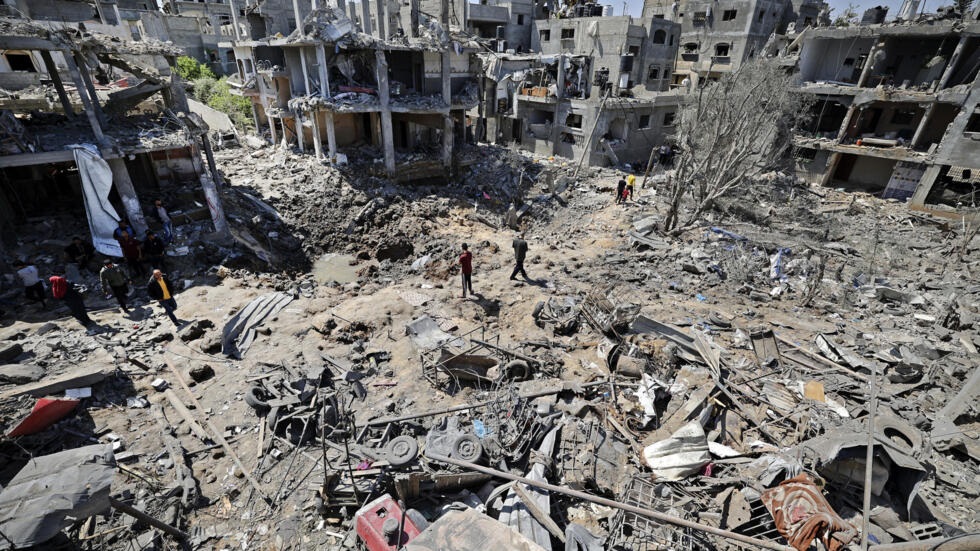
Nevertheless, normalization was not the only way for the Al Saud family to strengthen its grip. The regime can also protect itself and its interests by building a stronger economy and changing the country’s internal ideology.
To achieve this goal, Saudi Arabia is actively developing new sectors unrelated to oil, such as tourism, mining, logistics services, manufacturing, technology, finance, and transportation.
Increasingly, the royal regime seeks to legitimize its rule by presenting itself as the protector of the Saudi people and promoting a strong nationalistic sentiment that prioritizes Saudi interests.
The resulting changes encompass almost every aspect of the country’s society, from legal and educational systems to the roles of religious authorities and women. Instead of obligating itself to spread “true Islam,” the legitimacy of the royal regime relies on its ability to achieve unity, peace, and prosperity in its region.
A Major Transformation in Saudi Arabia
A significant shift is happening in Saudi Arabia, and the war on Gaza has complicated this transformation. The Kingdom of Saudi Arabia still aims to normalize relations with Israel, but it demands a much higher price for diplomatic ties.
Now Saudis insist that Israelis make tangible concessions that would lead to the establishment of a viable Palestinian state. They also seek to convince Washington to officially recognize the still intangible state of Palestine, while calling on the United Nations Security Council to do the same.
Riyadh believes that resolving the Israeli-Palestinian conflict fairly will weaken Tehran and stabilize the Middle East, allowing the Kingdom to accomplish its national transformation and vision of creating an interconnected and prosperous region, with itself at the center.
Mohammed bin Salman’s goal is to make Saudi Arabia, in his words, “normal.” By this, he means a socially open and economically dynamic society, albeit one still under authoritarian control. People would be free to some extent but unable to impose their beliefs on others.
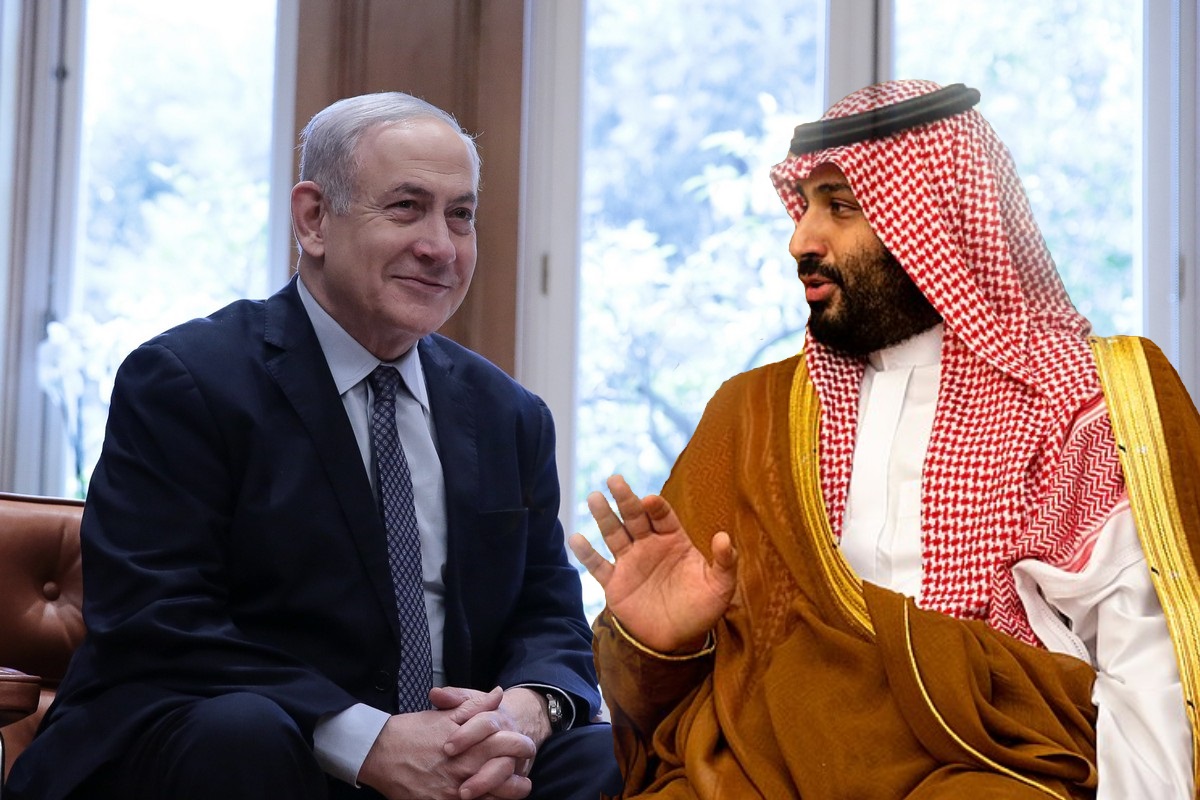
Palestine is not an Islamic issue for Saudi Arabia
The kingdom places great importance on its sovereignty and the sovereignty of other nations, so it does not condemn the plight of the Uighurs (a predominantly Muslim minority) under the Chinese Communist Party or the plight of Indian Muslims under India’s ruling Hindu nationalist Bharatiya Janata Party. When Riyadh invokes the Palestinian issue, it’s a national matter, not an Islamic one.
Saudi Arabia sees ideologies and movements that advocate transnational intervention as dangerous. Consequently, it has banned many of them, including the Muslim Brotherhood.
Instead, Riyadh’s vision of the global system is technological and neoliberal, even if the government deploys state capitalism to develop new economic sectors and reshape existing ones.

